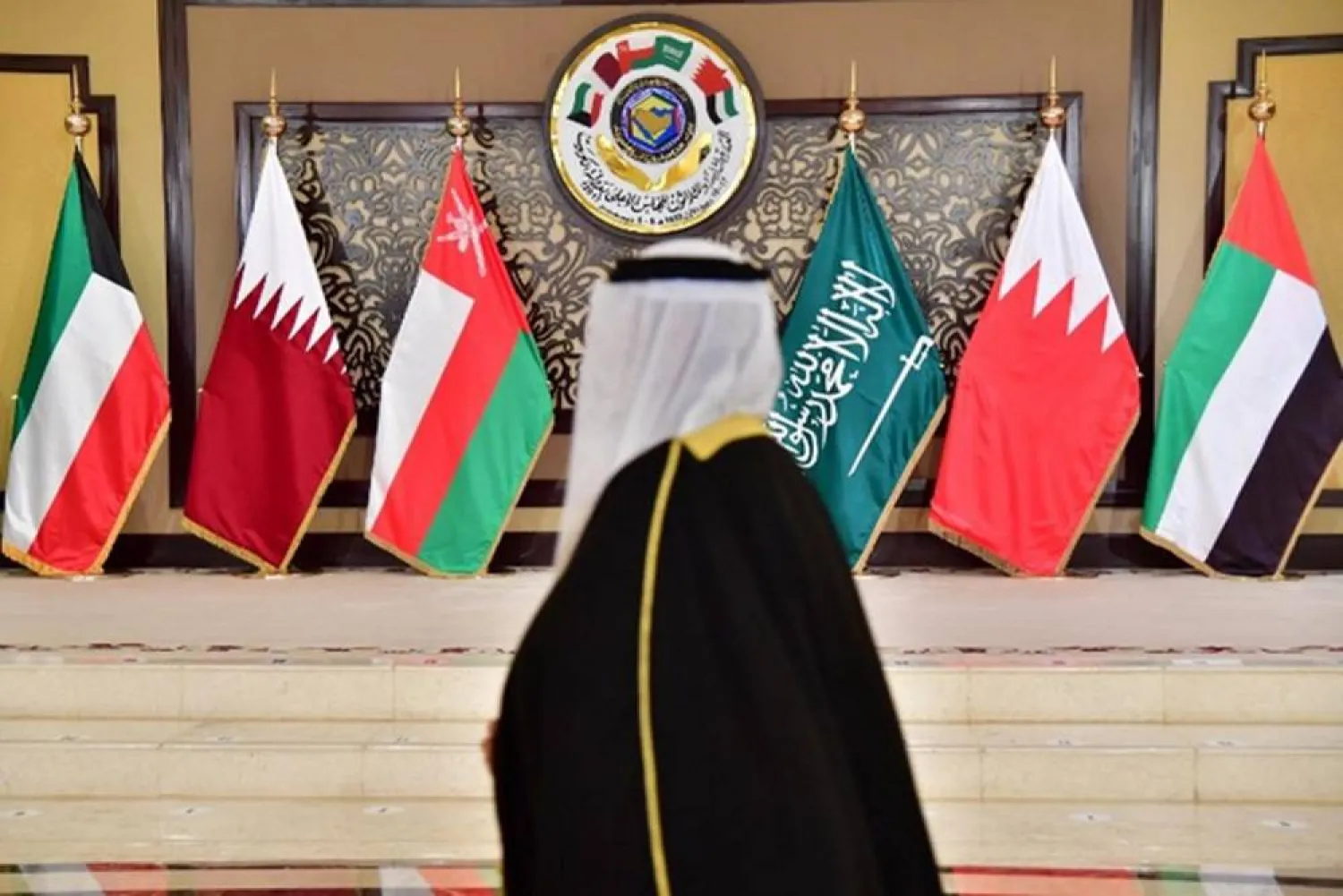The visits by Indian, Japanese, and Turkish leaders to the Gulf within a week reflected the region's outstanding role on the global economic scene.
They reflect the importance of economic relations between the Gulf countries and the three countries that signed financial agreements and memorandums of understanding in various sectors and fields.
Top 10 global economies
The combined GDP of the growing Gulf economies are projected to reach $ $6 trillion by 2050, according to World Bank estimates, which places them among the top ten economies in the world.
The world is led by the US with a GDP of $25 trillion, followed by China, Japan, and Germany, then India, the UK, France, Canada, and Russia, while Italy stands in the tenth place with a GDP of $1.9 trillion.
According to the World Bank, if the GCC countries implemented a green growth strategy that would help and accelerate their economic diversification, GDP could grow to over $13 trillion by 2050.
Sustainability
President of the Federation of GCC Chambers Hassan al-Huwaizi said the Gulf countries have benefited from several factors creating sustainability for the Gulf economy.
They followed the latest modern technologies in the oil and gas industry, harnessing the financial revenues of the sector to support other economic and industrial sectors to achieve added value to the Gulf economy.
They aim to establish a sustainable Gulf economy, said Huwaizi.
He indicated that the GCC countries have worked to qualify their human forces, especially their national cadres, to contribute to economic development, which helped in creating a sustainable economy.
In the past few years, the Gulf countries have implemented structural economic reforms by modernizing and developing legislation and regulations to provide more facilities and incentives supporting their economies and attracting foreign capital to non-oil sectors to reduce oil dependency.
Huwaizi stressed that the GCC countries tended to diversify the sources of domestic products by relying on other sectors such as petrochemicals, industry, travel, tourism, the entertainment sector, artificial intelligence, and the digital revolution.
He explained that the development and sustainability of the oil industry and the qualification of national cadres, attracting foreign investment, and diversifying sources of GDP had a role in creating sustainability for the Gulf economy.
Impacting the global scene
The expert addressed the impact of the Gulf economy on the global economy, saying it stands among the top economies because of its domestic solid product.
Petrochemicals, aviation, ports, industry, and the financial sectors ensured the stability of the global economy, said Huwaizi, noting that Gulf leaders are keen to achieve regional political and security stability, which boosts international peace.
He also referred to the efforts of the GCC states to build strategic partnerships with global economic blocs, including the US-Gulf Summit in Jeddah in July 2022 and the Riyadh Arab-China Summit for Cooperation and Development, affirming the Gulf states' endeavor to boost strategic partnerships.
Strengths
Huwaizi identified the strengths of the Gulf economy by benefiting from the technical and information revolution, supporting the growth and development of all sectors.
The GCC countries supported the oil and gas industry sector and harnessed advanced modern technologies, starting with exploration and production, refining, and distribution operations, which provided the budgets of the Gulf states with huge financial revenues.
The Gulf states possess an advanced financial and banking sector with substantial financial assets, capital, and investments, said Huwaizi.
He added that the GCC countries had made great strides towards achieving economic unity by adopting the customs union system, Gulf rail and electrical linkages, and implementing the Gulf common market.
The developments increased intra-regional trade between the Gulf states to approximately $102.8 billion in 2021.
The cumulative number of licenses granted to GCC citizens who carry out economic activities in other member states has also increased to more than 60,000 until the end of 2021.
Non-oil sectors
Huwaizi noted that the GCC countries were keen to diversify their economy by supporting and developing other sectors besides oil and gas.
The Gulf states believe the petrochemical sector is among the most important for construction and development, he said, adding that the Gulf industry sector's contribution to the GDP exceeded more than 11.5 percent.
The Gulf private sector, represented by the Federation of GCC Chambers, will play an essential role in defining the investment opportunities available in the region, said Huwaizi.









